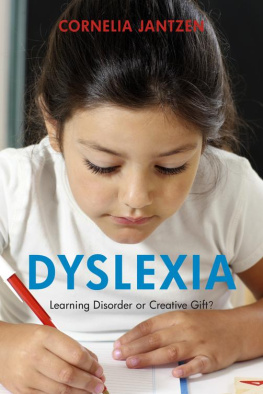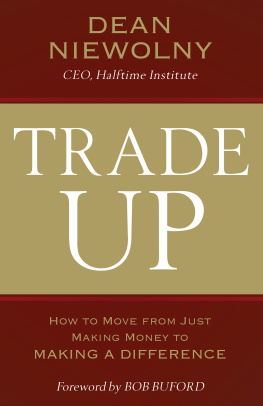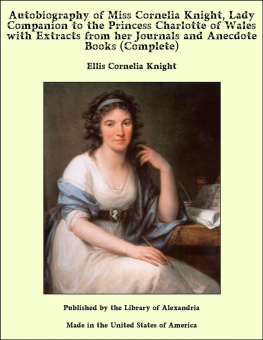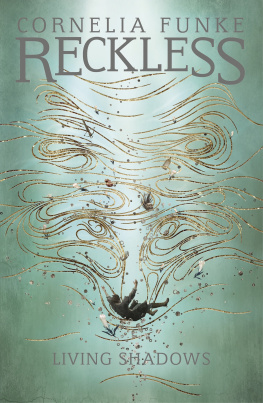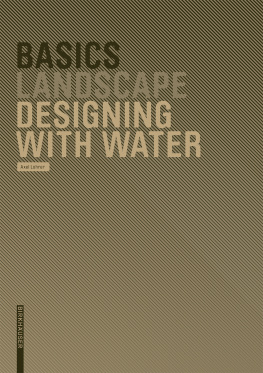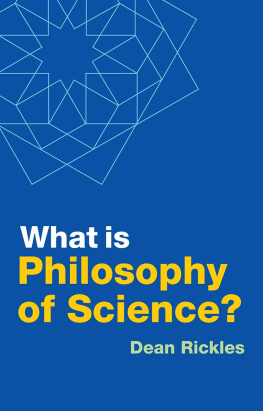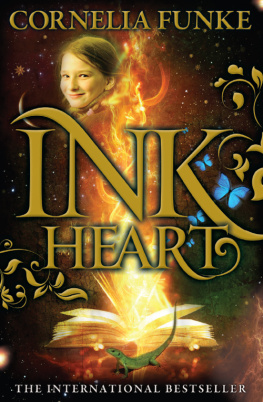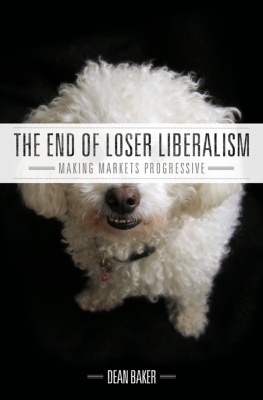Cornelia Dean - Making Sense of Science
Here you can read online Cornelia Dean - Making Sense of Science full text of the book (entire story) in english for free. Download pdf and epub, get meaning, cover and reviews about this ebook. publisher: Harvard University Press, genre: Politics. Description of the work, (preface) as well as reviews are available. Best literature library LitArk.com created for fans of good reading and offers a wide selection of genres:
Romance novel
Science fiction
Adventure
Detective
Science
History
Home and family
Prose
Art
Politics
Computer
Non-fiction
Religion
Business
Children
Humor
Choose a favorite category and find really read worthwhile books. Enjoy immersion in the world of imagination, feel the emotions of the characters or learn something new for yourself, make an fascinating discovery.

- Book:Making Sense of Science
- Author:
- Publisher:Harvard University Press
- Genre:
- Rating:3 / 5
- Favourites:Add to favourites
- Your mark:
- 60
- 1
- 2
- 3
- 4
- 5
Making Sense of Science: summary, description and annotation
We offer to read an annotation, description, summary or preface (depends on what the author of the book "Making Sense of Science" wrote himself). If you haven't found the necessary information about the book — write in the comments, we will try to find it.
Making Sense of Science — read online for free the complete book (whole text) full work
Below is the text of the book, divided by pages. System saving the place of the last page read, allows you to conveniently read the book "Making Sense of Science" online for free, without having to search again every time where you left off. Put a bookmark, and you can go to the page where you finished reading at any time.
Font size:
Interval:
Bookmark:
Making Sense of Science
Separating Substance from Spin
Cornelia Dean
The Belknap Press of Harvard University Press
Cambridge, Massachusetts
London, England
2017
Copyright 2017 by Cornelia Dean
All rights reserved
Jacket photo: Bruce Lonngren/Getty Images (royalty-free)
Jacket design: Jill Breitbarth
978-0-674-05969-6 (alk. paper)
978-0-674-97896-6 (EPUB)
978-0-674-97897-3 (MOBI)
978-0-674-97898-0 (PDF)
The Library of Congress has cataloged the printed edition as follows:
Names: Dean, Cornelia, author.
Title: Making sense of science : separating substance from spin / Cornelia Dean.
Description: Cambridge, Massachusetts : The Belknap Press of Harvard University Press, 2017. | Includes bibliographical references and index.
Identifiers: LCCN 2016037738
Subjects: LCSH: Science news. | ResearchMoral and ethical aspects. | ResearchPolitical aspects. | Science in popular culture.
Classification: LCC Q225 .D43 2017 | DDC 500dc23 LC record available at https://lccn.loc.gov/2016037738
In memory of my mother,
WINIFRED OMALLEY DEAN
Nothing is more important to a democracy than a well-informed electorate.
Will McAvoy, managing editor, Newsnight, Atlantis Cable News (Newsroom, episode 3, by Aaron Sorkin, HBO)
For thirty years I have been a science journalist at the New York Times; for almost seven years, I headed the newspapers Science Department, supervising coverage of science, medicine, health, environment, and technical issues. From Day One, I have thought that covering these subjects for the Times was the best job in the world.
As science editor I dispatched correspondents to cover research in every continent. And I traveled myself, to places like the Dry Valleys of Antarctica, where researchers study what may be Earths simplest food web, and Palomar Mountain, in California, where the 200-inch Hale Telescope gathers up the light of the universe.
We had the intellectual support of the editorial hierarchy in a newsroom that in those days was flush with money. For example, I once took it upon myself to dispatch a reporter to the Chilean Andes when astronomers there observed a newborn supernova. Coming from a newspaper where long-distance telephone calls were subjects of budgetary debate, I found this kind of thing thrilling.
Today, the money situation is not so good. The business model of the mainstream legacy news media is broken, and we do not know what will fix it. Though there are bright spotslike the Times, where support for science coverage is still strongnews outlets generally are cutting back on science and environmental reports. Across the country reporters on science and environment beats have been reassigned or fired outright. Medical coverage too often focuses on news you can use clickbait rather than advances in understanding human biology.
Internet sites take up some of the slack. But while the web can be a valuable source of information, it propagates bad information and even deliberately fake news along with the good. And the toxic quality of many comment threads online can actually turn people away from high-quality science news. At least, thats what researchers from the University of Wisconsin found in 2013. The finding was one of the reasons the magazine Popular Science ended the practice of allowing readers to comment online on its articles, as its online content director noted on September 24, 2013.
So while I continue to write for the Times, I have been spending more and more of my time talking to scientists and engineers about the need for them to communicate with the public. I teach seminars for graduate students and postdoctoral researchers to help them develop the skills they need to conduct that kind of engagement successfully. I participate in training programs for young researchers seeking to engage more fully in the debates of the day. This engagement, I tell them, is (or should be) part of what it means to be a researcher.
In 2009 I distilled some of this thinking into a book, Am I Making Myself Clear?, aimed at encouraging researchers in these efforts. The book you are reading now is aimed at the other important part of the equation: the public, citizens, usthe people who struggle to make sense of what we hear when scientists and engineers talk to us andespeciallywhen others try to shape or spin those messages to their own advantage.
Of course, this book is written by a journalist, not a researcher. Even worse, it is the book of one journalistmeand I have no scientific or other technical training of any kind. I was first transferred into the Timess science department, on what was supposed to have been a temporary assignment, because someone (true story) had seen me in the newsroom carrying a copy of Scientific American.
So my goals are relatively modest. I hope to show my readers the kinds of thinking we do in the newsroom when we try to decide whether a given finding is newsworthy, trustworthy, and important. I will illustrate the book with examples from my experiences as a science journalist. Inevitably, I will leave things out or, I fear, ascribe undue importance to things just because I experienced them. Still, I hope the material I have collected here will help people assess the scientific and technical claims and counterclaims they increasingly encounter in public debates and in their private lives.
will talk about what happens when things in this world go wrong, either because researchers have misbehaved or because they find themselves in unfamiliar arenas, in courtrooms or quoted in the media.
The second part of the book will will discuss the influence of politics on the conduct of science, particularly when it comes to the environment and arguments over religion.
The Appendix offers nuts-and-bolts advice on assessing who is an expert, reading research papers, and deciding whether to believe polls and surveys.
This book cannot possibly be a comprehensive guide. It will not provide all the answers, or even many answers. It will, however, provide some interesting and (I hope) useful questions.
We live in an age of science. Daily, we learn more and more about the biological and physical world. But ignorance and untruth are hallmarks of our times as well. People with economic, electoral, or ideological agendas capitalize on our intellectual or emotional weaknesses to grind their own axes. Too often, they get away with it.
Examples of distortion or outright deception are numerous and come from all sides of the political spectrum. Industries persuade government agencies to write regulations that suit their needs rather than the needs of the public or the environment. Industry lobbyists may even write them. And politicians hungry for campaign contributions go along with it. Advocacy organizations, hoping to attract new members and contributions, may fight these industries with loud but exaggerated or even invalid warnings about supposed dangers to public health or the environment.
Science can be misused by doctors, who may prescribe drugs or order tests without proven benefit; by religious leaders, who spread misinformation to support their doctrines; and by politicians and lobbying groups, among others, who court voters aligned to their goals.
How can all this happen? The answer is simple. Politicians, lobbyists, business interests, and activists make their cases in the public arena, back their arguments with science or engineering facts, and rely on the rest of us to leave them unchallenged. Most of us dont have the knowledge or the time to assess scientific and technical claims. It may not even occur to us that assessing such claims is something we ought to try to do.
Font size:
Interval:
Bookmark:
Similar books «Making Sense of Science»
Look at similar books to Making Sense of Science. We have selected literature similar in name and meaning in the hope of providing readers with more options to find new, interesting, not yet read works.
Discussion, reviews of the book Making Sense of Science and just readers' own opinions. Leave your comments, write what you think about the work, its meaning or the main characters. Specify what exactly you liked and what you didn't like, and why you think so.

